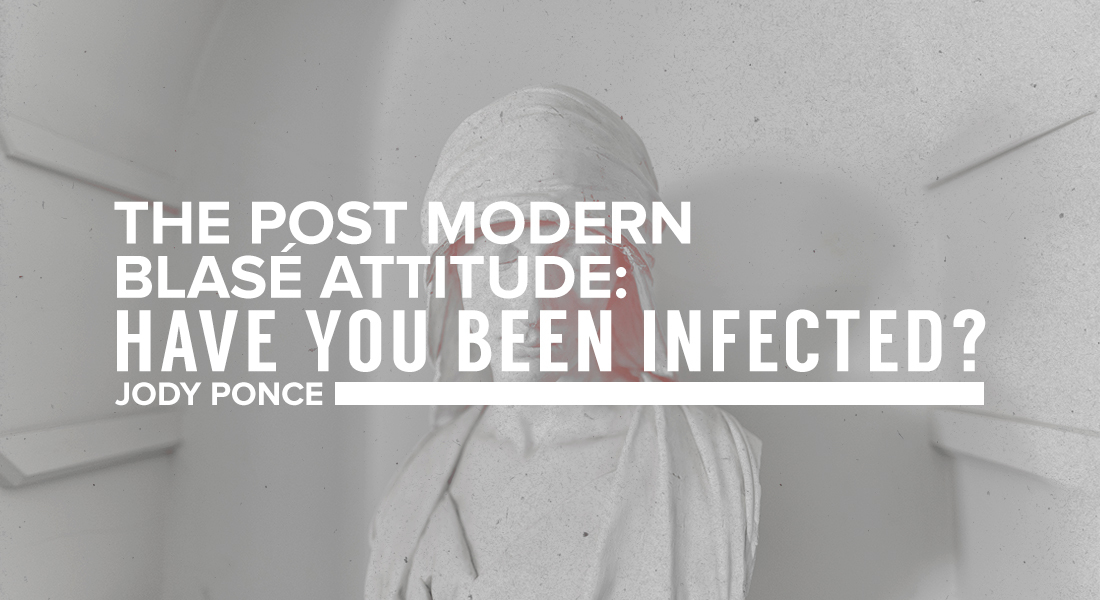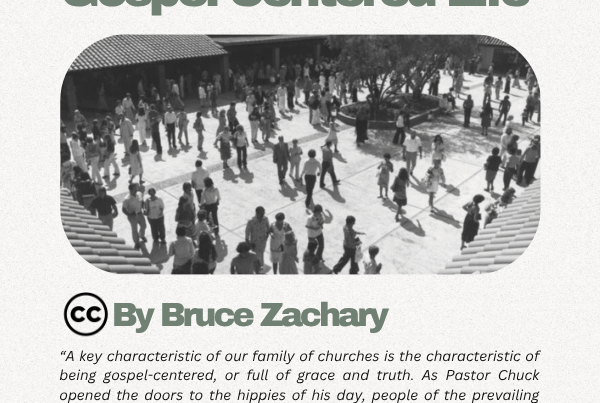
In 2010, a horrific incident happened in New York City. A woman was accosted by a man on the street. Another man named Hugo Tax-Yale stopped to help her, but he was then stabbed by the woman’s assailant. The woman ran off in one direction and the assailant in the other. Hugo fell to the ground and lay bleeding and dying. Many people walked past this man, but nobody stopped to help him, hours later, when someone finally stopped to check him, he was already dead.
Of course, the question that immediately springs to mind is: Why did nobody help him?
Did nobody notice that a man they were walking past was bleeding to death on the street? Were these people totally, morally devoid? There are two main sociological reasons why nobody stopped to help him, and both are troubling.
1) The bystander effect
This is when, for example, you see someone lying unconscious on the street, but because everyone else is just walking by them, you assume it is okay. You think to yourself, perhaps someone else is doing something about it? The amount of people on the scene diffuses individual responsibility, and so people tend to just ignore the situation.
2) The blasé attitude
This social phenomenon is most often seen in cities and centers of culture and civilization. The term “the blasé attitude” was coined by a German urban sociologist called Georg Simmel. He argued that, for people who live in the city, there is so much stimuli going on around them all the time, that they eventually have to shut down and begin to ignore everything that is happening around them in order to stay sane in their environment. They become “blasé”; they determine not to be affected by anything, because if they allow themselves to care, it will crush them. This leads to a highly individualized society where people look out for their own needs but not for the need of others. Because post-modern people, (particularly city dwellers) have so much stimuli to deal with every day, they subconsciously or consciously choose to ignore those around them who are suffering.
When we start to allow the “blasé attitude” to creep into our psyche, we begin to reduce the value of human life.
The example I gave in the first paragraph of how a man was allowed to bleed and die on the street in New York, while hundreds of people walked past him, is a perfect example of this. Of course, this incident reminds me of the parable of the Good Samaritan found in the gospel of Luke.
Let’s look at this parable below. Jesus said:
“A man was going down from Jerusalem to Jericho, when he was attacked by robbers. They stripped him of his clothes, beat him and went away, leaving him half dead. A priest happened to be going down the same road, and when he saw the man, he passed by on the other side. So too, a Levite, when he came to the place and saw him, passed by on the other side. But a Samaritan, as he traveled, came where the man was; and when he saw him, he took pity on him. He went to him and bandaged his wounds, pouring on oil and wine. Then he put the man on his own donkey, brought him to an inn and took care of him. The next day he took out two denarii and gave them to the innkeeper. ‘Look after him,’ he said, ‘And when I return, I will reimburse you for any extra expense you may have.’ ‘Which of these three do you think was a neighbor to the man who fell into the hands of robbers?’ The expert in the law replied, ‘The one who had mercy on him.’ Jesus told him, ‘Go and do likewise.’”
In this parable, the priest and the Levite are like our modern-day, well-educated, enlightened city dwellers. They have all of their well-thought out reasons for passing by the bleeding man: Perhaps their religious beliefs were a deterrent; perhaps they simply didn’t have the time, or perhaps they felt the bleeding man was a vagrant or of a different race. But whatever their reasons for not stopping, their actions show they simply didn’t think the bleeding man mattered enough to be helped.
Jesus highlights the kindness of the Samaritan. A race of people who were despised by the Jews, and yet in all their intellect, the priest and the Levite had allowed themselves to become blasé about the suffering of the man, while the Samaritan simply saw a fellow human in need and cared enough to help. Jesus quite simply ends the parable by saying, “Go and do likewise.”
When I think about the terrible suffering and human degradation in this world, I am tempted to become blasé. I don’t want to think about the reality of the suffering of the broken people in my city because it is too crushing for me. But I need to remember that there are things in life that I cannot be blasé about, because somethings are sacred. In a world that wants to laugh about everything (because if we don’t laugh, we might just cry) I want to remember that somethings are not funny. Somethings matter too much to be blasé about, such as human lives that I pass on the street every day. I want to remind myself to care.
In 2 Corinthians 12:9-10 it says: “But he said to me, ‘My grace is sufficient for you, for my power is made perfect in weakness.’ Therefore I will boast all the more gladly about my weaknesses, so that Christ’s power may rest on me. That is why, for Christ’s sake, I delight in weaknesses, in insults, in hardships, in persecutions, in difficulties. For when I am weak, then I am strong.”
I admit today how weak I am.
I find it hard to face the sufferings of those people I see on the streets, I want to be blasé because it seems easier. I want to let them be somebody else’s problem. But! Thank God, when I am weak, He is strong, He is strong in me. God called us to care about our “neighbors,” to love them as we love ourselves. But He has not left us to try and do it in our own strength; He has filled us with His strength and love and grace, so that we can pour it out on others.
Today, let’s pray to God to give us strength to care more, not less. Let’s look at the people around us, and in the light of the Gospel, see them as our responsibility. Because they are our responsibility; we have been instructed to love them. Let’s stop ignoring and being blasé, and let’s remember that there are things that are sacred, things that cannot be pulled down into the mud of the mundane. Jesus Christ is sacred, and He died for us. Jesus is our good Samaritan; He didn’t walk by us when we were in need. He stopped and tended to our wounds. He paid for our restoration and is coming back for us. So let’s see the people we pass by on the street the way God sees them, and He sees them as precious enough to die for. He has put His love in us, so let’s share it in practical ways in our community today.









